Canterbury Bankstown
Using Artificial Intelligence to detect non recyclable waste in recycling bins.
Using Artificial Intelligence to detect non recyclable waste in recycling bins.
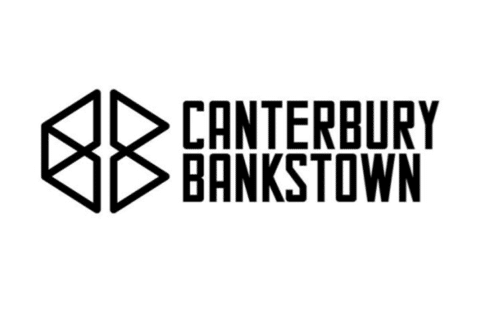
Local councils around Australia face the ongoing challenge of residents placing non recyclable items in recycling bins. Mixed waste adds significantly to the cost of waste processing.
Broad based education campaigns are effective to a point, but what ultimately shifts behaviour is the inspection of the contents of an individual resident’s bin. Unfortunately regular manual inspections prior to collection are both expensive to perform and limited in their effectiveness as you can only see what’s at the top of the bin.
Canterbury Bankstown, an innovative Sydney based council, saw the opportunity to move beyond traditional techniques for minimising contaminated waste and instead use Artificial Intelligence to identify contaminated waste at the moment it’s collected. Such information can then drive targeted consumer education campaigns.
Canterbury Bankstown engaged Alliance Software to create a series of proof of concept Machine Learning models to confirm the effectiveness of AI in waste contamination identification.
The technical challenges to achieve this were significant including:
It should be noted that Canterbury Bankstown intend to use human reviewers prior to notifying residents of inappropriate waste. The goal of the system is simply to present these council staff with selected imagery from the many hours of footage that show, with high probability, the presence of non-recyclable waste.
We worked closely with Canterbury Bankstown to creatively tackle the challenges of the project. Techniques applied included:
The project was a great success, even being featured on Channel 9. Based on an initial training set of 4,000 images, we created Machine Learning models able to predict the presence of common contaminants 80% of the time. As an input into a human review process, this rate of accuracy is already sufficient to proceed with broader deployment.
In addition, we’re confident that with more training data and further model refinement, both our accuracy and the range of contaminants we can detect will increase.
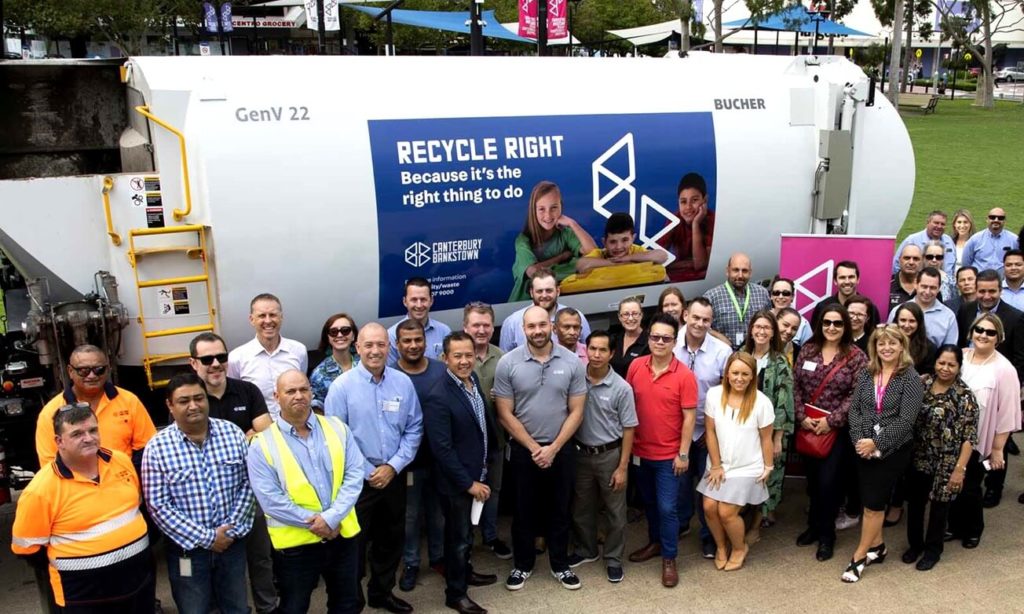

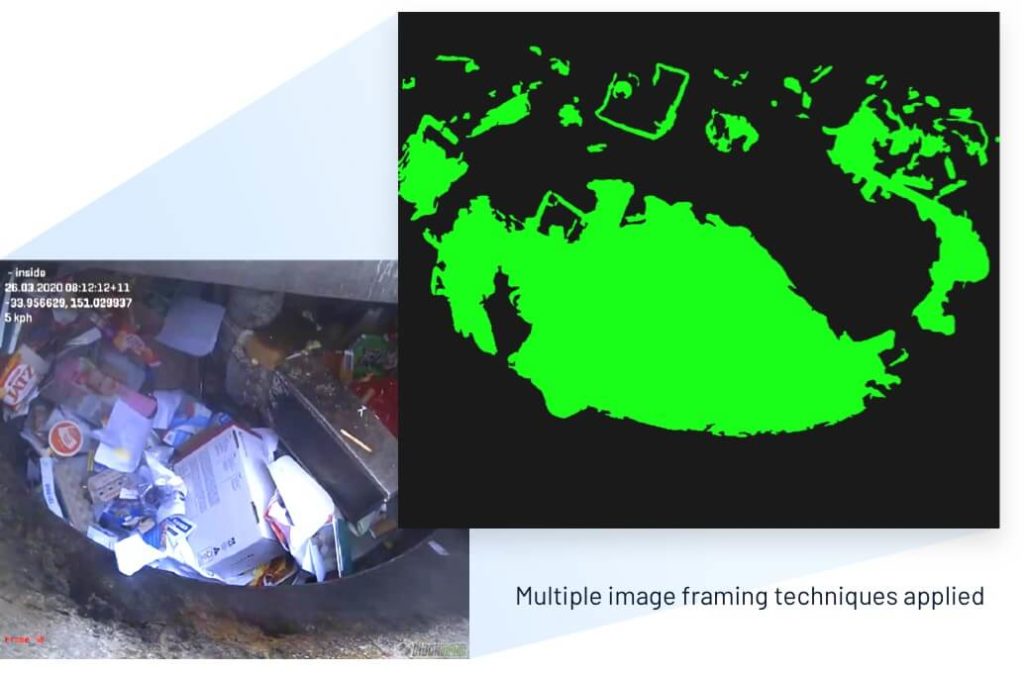
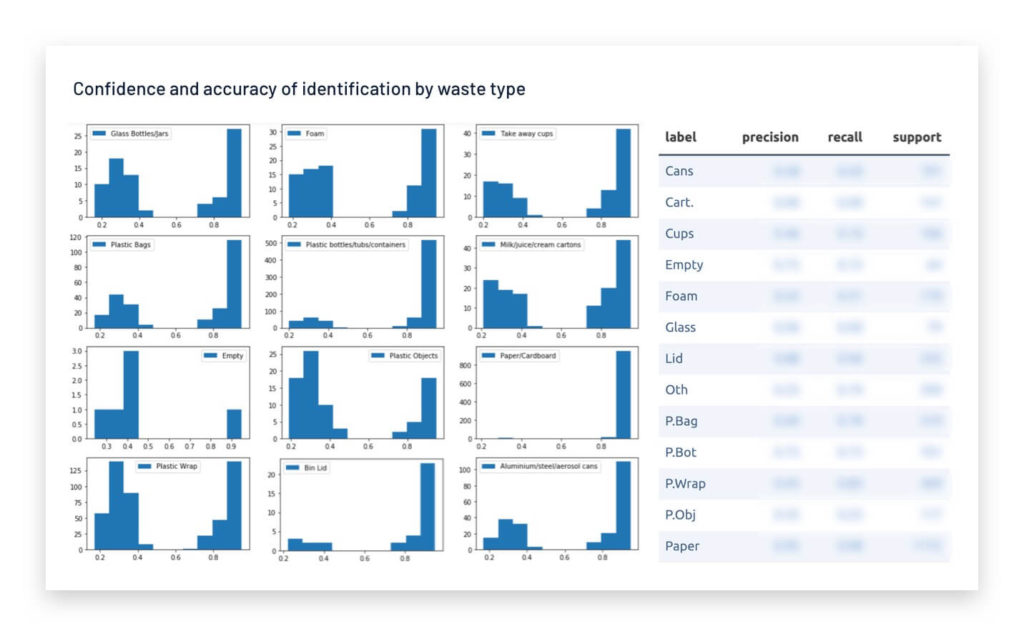
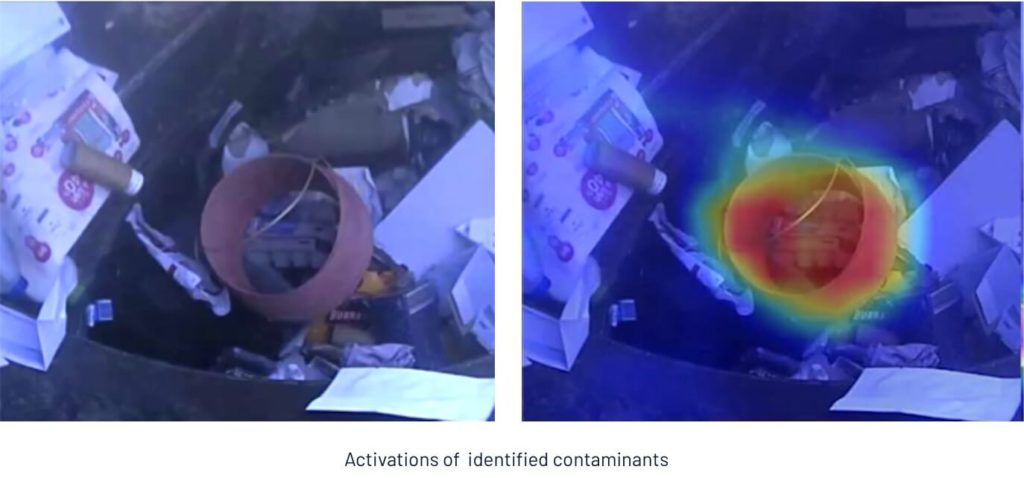
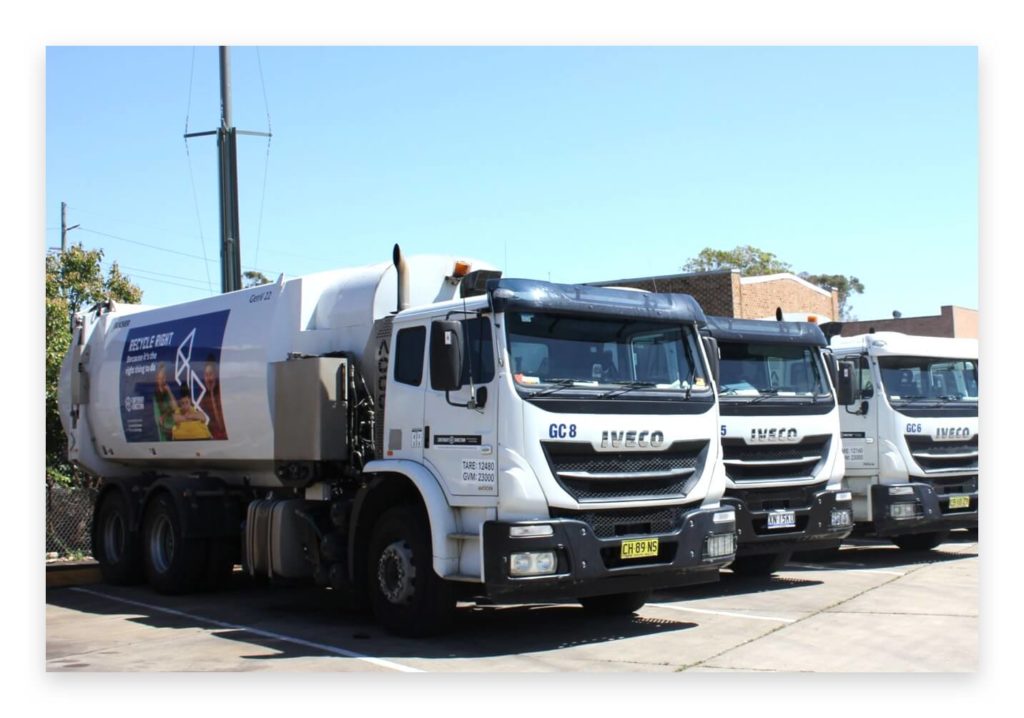
It’s great to prove that this can be done. AI isn’t for the future, it can be used right now! The Alliance team went over and above to deliver a successful proof of concept.
They’re technically strong and communicate really well. Our team is excited about taking this through to production.
Implementing a quality software solution starts with a chat. Call us on 03 9955 7000 or leave your details and we’ll be in contact shortly.
We won’t share your information with anyone.